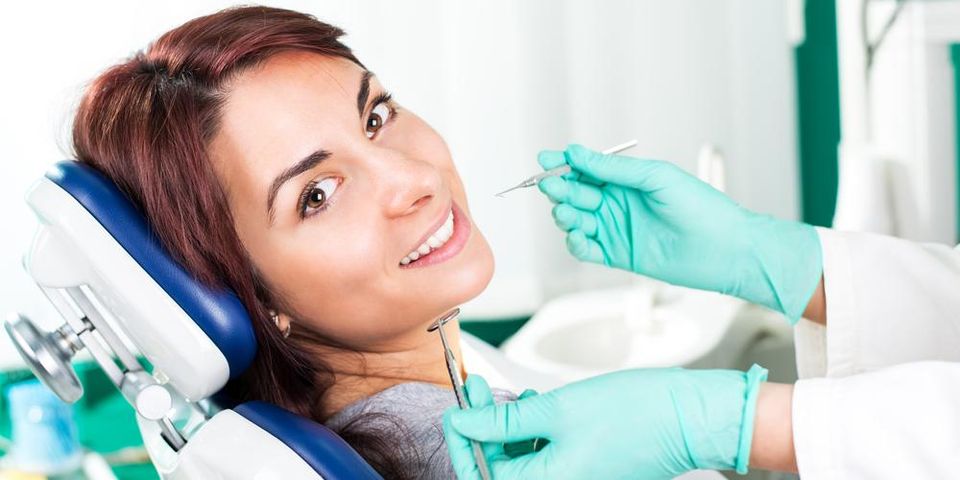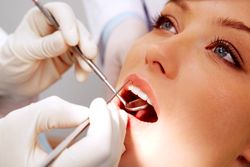
The most noticeable symptoms of periodontal disease don’t show up all at once. They arise gradually instead. Sometimes, patients don’t even realize they’ve been suffering from gum disease until the infection has done significant damage.
At the clinic of Rachel E. Gold D.M.D. – Total Health Dentistry in Cold Spring, KY, they believe it’s important for patients to understand the progression of their symptoms. By getting regular dental exams and knowing what warning signs to be on the lookout for, you’re much more likely to get the treatment you need early.
The 3 Phases of Periodontal Disease
1. Gingivitis
Gum disease begins when bacteria infect the gum tissue. This is the same type that is are responsible for cavities. During the first stage of the infection, the patient has what’s known as gingivitis. Common symptoms include red or swollen gums, bad breath, gums that bleed easily (especially after brushing or flossing), and, in some cases, a receding gum line.
2. Periodontisis
 If a patient doesn’t address their gingivitis on time, it could progress to the next stage. When they develop periodontisis, the infection begins to eat away at the soft gum tissue and nearby bones. At this stage, their gums may be tender to the touch, and they could appear bright red or swollen as a result of inflammation. Sometimes, pus can also start to develop around the gums and teeth.
If a patient doesn’t address their gingivitis on time, it could progress to the next stage. When they develop periodontisis, the infection begins to eat away at the soft gum tissue and nearby bones. At this stage, their gums may be tender to the touch, and they could appear bright red or swollen as a result of inflammation. Sometimes, pus can also start to develop around the gums and teeth.
3. Advanced Periodontisis
During this stage of periodontal disease, patients generally have receding gums, bad breath, and misaligned teeth. The bacteria has now started to eat away at the bone tissue more substantially, and the gums can no longer support the patient’s teeth.
To avoid consequences like tooth loss, schedule regular dental exams, stay on top of your oral hygiene, and ask your dentist what you can do to prevent periodontal disease. At the clinic of Rachel E. Gold D.M.D. – Total Health Dentistry in Cold Spring, KY, you’ll be in the hands of professionals who understand how every aspect of your health impacts your overall well-being. They’ll make sure you know everything you should about identifying and preventing this illness. Contact them online to learn more about becoming a patient, or call (859) 441-1230.
About the Business
Have a question? Ask the experts!
Send your question

